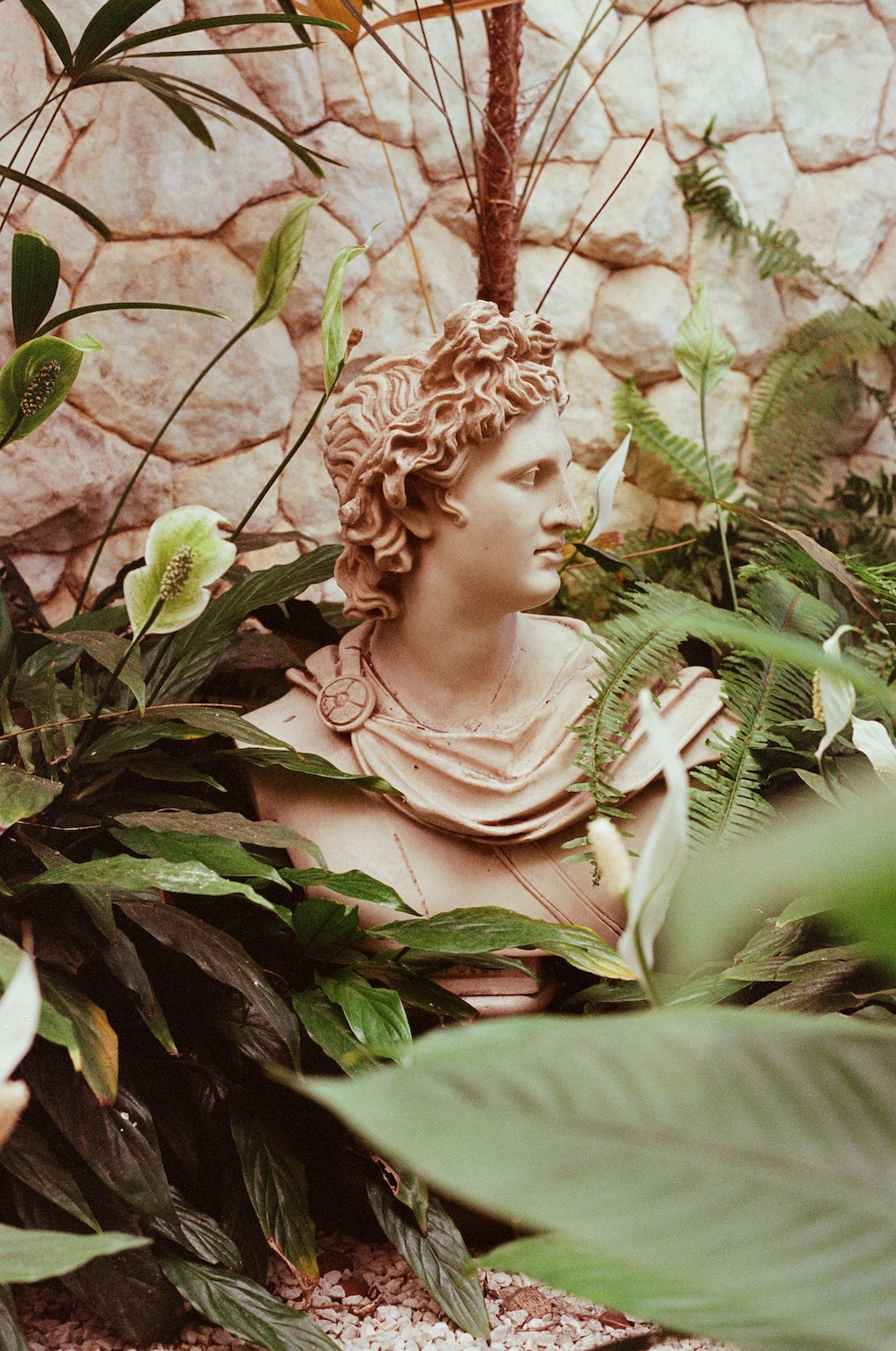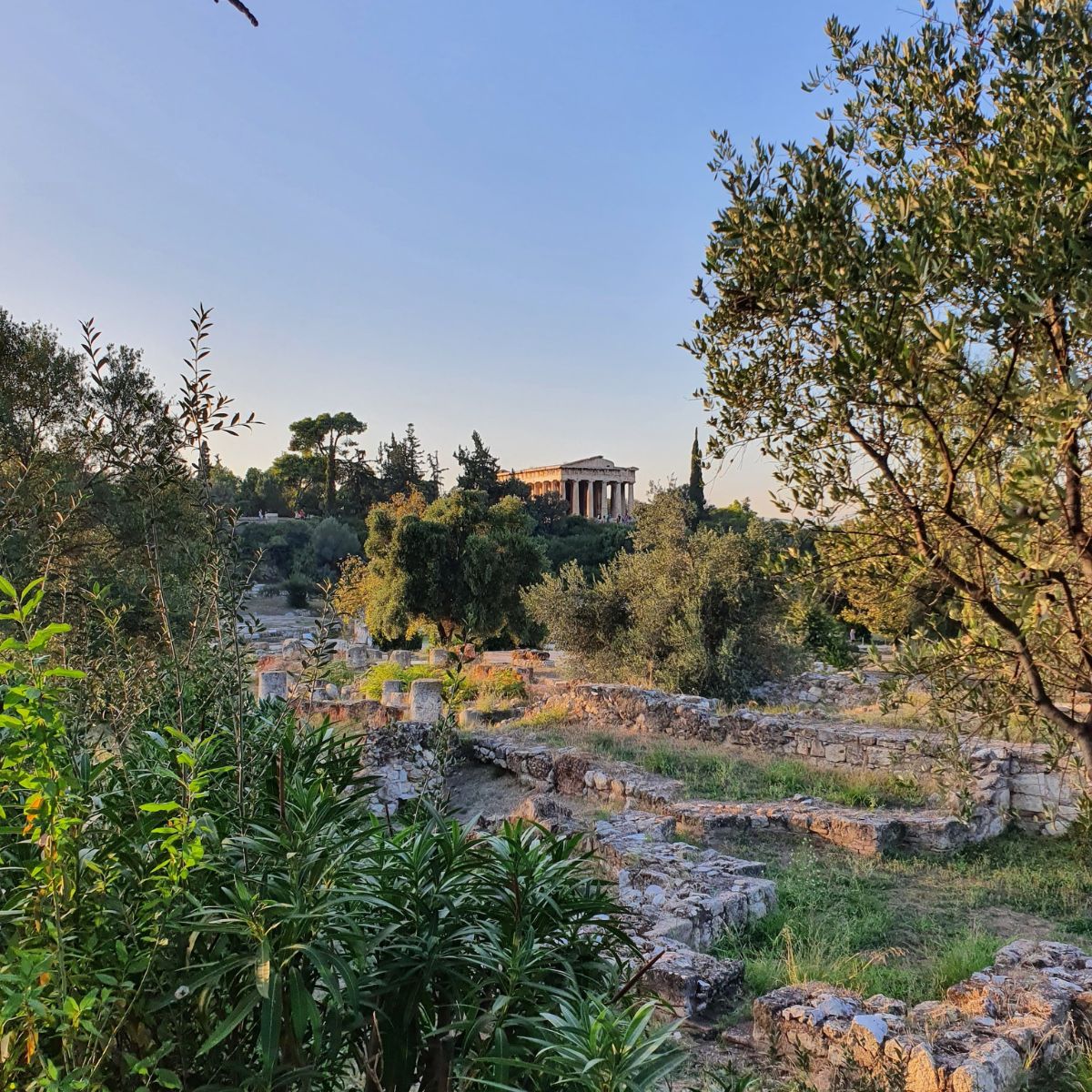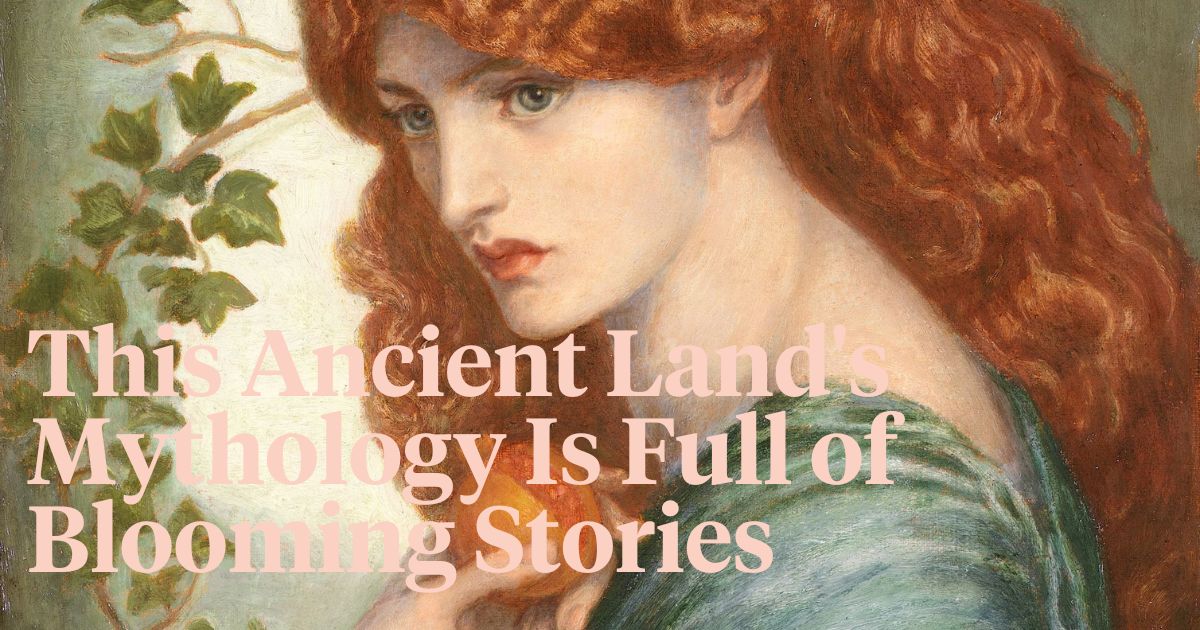In ancient Greek compositions, plants play a significant part. Flowers were an important piece of their mythology and writings, and they remain so now. In this article, we'll learn about the value of botanical gardens in modern society and herbology's magnitude. So, let’s get into it straight away.
Flowers' Significance in Their Culture
In the past, in Peloponnese, flowers had a special place. Being a sign of vitality and procreation, they were often sacrificed to the gods. Weddings and funerals were only two of the numerous events when they were utilized. And in some way, it changed the world that we know nowadays. Vegetation has been used as money in some cultures too. Some of the characters and events in Greek mythology are also connected with it. So many legends may have naturally developed around them. Many species have been used to represent different emotions in letters, from love and passion to innocence and purity. Some old wives' tales persist, despite contemporary science disproving them.
How Did The Primeval Greeks Value Their Herbology Resources?
Herbs were respected in Hellenes for their practical advantages and ability to improve daily living. Every Greek believed flowers were a gift from the gods and could bring joy. Blooms with medicinal properties have been used in rites and ceremonies for centuries, frequently for religious and therapeutic purposes. Likewise, they were put to use as ornamentation for both private and public settings.

Works of Writing Regarding the Vegetation of Past Greeks
Many books have been written on historical Greek flora, and they all have something unique to contribute. For instance, Dorothy Perkins's “The Flowers of Ancient Greece and Rome” provides a comprehensive guide to the herbs in vogue in these locations. Both the medical and fantastical associations of certain species, like valerius flaccus, are discussed in the book.
Greek Mythology Around Vegetational Life
This ancient land's mythology is full of blooming stories. Homer and other poets recorded many of these tales. In these stories, an anemone flower often represents human attributes and experiences. The olive tree, describing Athena, the goddess of wisdom and war, was worshiped. She and Poseidon are said to have competed for power by giving gifts to Athens. A salt spring emerged as he swung his trident at the earth, and she presented an olive tree. That plant has long been identified with Athena since it was the gift that its people selected.
Demeter, the goddess of agriculture, is hunting for her stolen daughter Persephone in another story. While moping about, she wilts every flower on her path, which has shown as some of the best inspirations for many women worldwide. Many poems, short stories, and other works have been written on this topic. The authors draw inspiration from a single source that has long been known to everyone.
The study of old legends begins at school, continues at the university, and finds a response in books, films, fan fiction, and scientific research. All these aspects are widely covered in universities. Students of historical, philological, sociological, and other faculties write articles and research this topic. Many of them don’t hesitate to pay someone to write a literature review or essay about this legend nowadays and get a suitable review from an expert. Every writer who can be found online will gladly offer his services. It’s a common topic among academic institutions, and students are frequently asked to write their points of view on it.

In the end, she finds a pomegranate tree with ripe fruit. It’s good to know that after eating a handful of the fruit's seeds, Persephone was doomed to spend a portion of each year with Hades in the underworld. According to this myth, the yearly return of winter results from Demeter's perpetual mourning over the loss of her daughter.
Greek mythology reveals how their society saw nature. Flowers symbolize wisdom, power, agriculture, and the afterlife in the tales. Botanical gardens still inspire wonder with their unique specimens from throughout the world. And that’s something truly to be proud of, especially for the citizens of this country. Even though they are known today for many things like gyros, their botanical history is also popular.
The Impact of Vegetation From Greek Mythology on Modern Culture
Our modern lawns owe much to historical vegetational species from these lands. They often trace their ancestry back to these people. Roses, for instance, are often used in botanical arrangements and bouquets. They are important in this culture for millennia, appearing in myths and compositions. In modern times, this tradition might be seen in festivals like Anthestiria held in honor of Dionysus.
The olive tree and the grapevine are two other well-liked samples in this land too. These two herbs have played significant roles in Hellenic studies for centuries. The olive tree represented tranquility and success, whereas the grapevine was linked to Dionysus. The Greeks still produce and make extensive use of these herbs today. Both olives and grapes are harvested for their respective oils and wines.
Botanic gardens all around the globe owe a debt to the flowers from this country. The Greeks were responsible for the first introduction of many popular species seen in modern botanical gardens. For instance, a man called Constantine Rafinesque was responsible for introducing tulips to Europe from Turkey. The poppy and the daffodil are only two of the many vegetational samples Rafinesque brought to Europe.
Herbs from this land have also influenced the layout of botanical gardens. Columns and sculptures reminiscent of its architecture are common in many gardens. Olive trees, grapevines, and rosebushes are some indigenous samples you may see at many of its botanical gardens.
Conclusion
There are many reasons to appreciate the significance of vegetation in Greek mythology writing. First, a strong feeling of national pride and identity was fostered by the high regard in which past authors held the country's native herbs. Second, their detailed descriptions have contributed to our knowledge of the area's ecology and botany. Last but not least, this nation’s myths and tales about dozens of species have had and continue to impact our collective imagination significantly.










